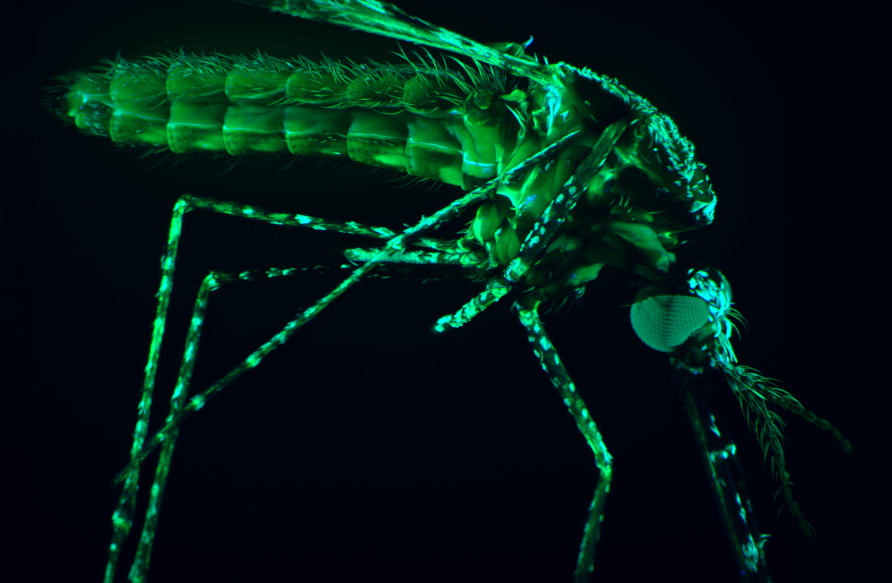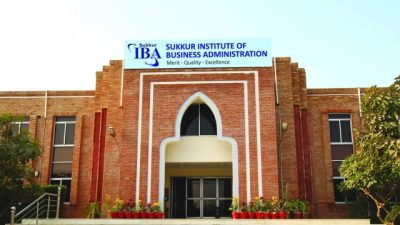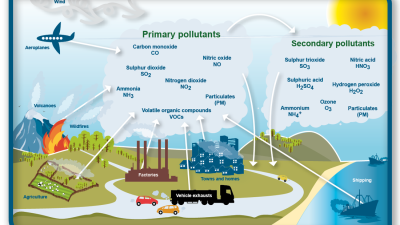The manufacturers of the world’s first malaria vaccine are set to slash the price by more than half by 2028 to less than$5 per dose.
The manufacturers of the shot, known as RTS,S, said a phased reduction in cost would begin immediately, with an ultimate aim to reduce the price to less than $5.
The announcement could hardly come at a more critical moment.
Gavi, a major vaccination initiative which funds immunisations in the world’s poorest countries, is facing a major budget crunch.
In Brussels on Wednesday, Gavi’s replenishment event raised $9 billion to fund immunisation programmes over the next five years. While this sounds like a huge sum, it’s significantly less than the $11.9bn the group had been aiming for.
Governments around the world are cutting development spending dramatically.
The UK, for instance, cut its contribution to Gavi by 40 per cent in real terms, telling The Telegraph it was prioritising defence, while the US has pledged nothing at all.
Though America previously gave Gavi roughly $300m a year, the country’s new health secretary claimed without evidence that the organisation was ignoring vaccine safety.
The announcement from the British pharmaceutical giant GSK and Indian drugmaker Bharat Biotech will therefore be a relief to those trying to balance the books.
In a statement the companies said the price reduction demonstrated their “commitment to Gavi”, and was “driven by process improvements, expanded production capacity, cost-effective manufacturing, and minimal profit margins”.
By the time the price has fallen to below $5 per dose, a technology transfer agreement means Bharat will have taken over production, though GSK will continue to supply the adjuvant piece of the shot.
“For us, this is more than a cooperation, it’s a promise,” said Dr Krishna Ella, executive chairman of Bharat Biotech International Limited.
“By joining forces with GSK, and working closely with Gavi, and the WHO [World Health Organization], we are taking a real step toward closing the gap between vaccine supply and the urgent needs of children at risk of malaria.”
Each year, malaria still kills 500,000 people – the vast majority of them children aged five and under in sub-Saharan Africa.
According to WHO estimates, cases and deaths fell significantly between 2000 and 2015, but progress has since stalled.
Some have high hopes that RTS,S, as well as another vaccine called R21 developed by Oxford University, could prove critical in efforts to turn the tide.
In clinical trials, RTS,S reduced hospitalisations for severe malaria by 30 per cent.
But critics say the shot is too expensive and not as effective as existing tools, such as bed nets and antimalarials.
The reduction in price will bring it more in line with the cost of R21, which is priced at around $4 per dose.
Yet the cost will still add up, as both jabs require multiple shots. For RTS,S, this means four doses – the first three doses are given monthly, starting around five months of age, while the fourth dose is administered 15-18 months later.
Both jabs “provide reasonable short term efficacy – over about a year – so are a useful addition to other measures,” said Professor Nick White, a professor at the Mahidol-Oxford Tropical Medicine Research Unit who specialises in malaria.
“In the past GSK had limited production capacity – one of the reasons the R21 was developed. So reducing the price will be good and the two comparable vaccines can fight it out in the market place.”
A spokesperson for Gavi said the alliance’s goal is to “create sustainable demand backed by predictable financing so that companies – like GSK and Bharat – can continue investing in technology transfer and other efficiencies that bring down costs, thus making critical vaccines more available and affordable.
GSK’s decision to lower its prices, the spokesperson added, is “an important step for the global malaria vaccination programme, and our ability to make this lifesaving tool more widely available to those who need it the most”.
Gavi plans to help fund RTS,S in 12 African countries by the end of this year.
Previously, GSK has said it will supply up to 18 million vaccine doses between 2023 and the end of this year.
The company plans to supply 15 million doses annually from 2026-2028, a spokesperson told Reuters.
Provided by SyndiGate Media Inc. (
Syndigate.info
).













